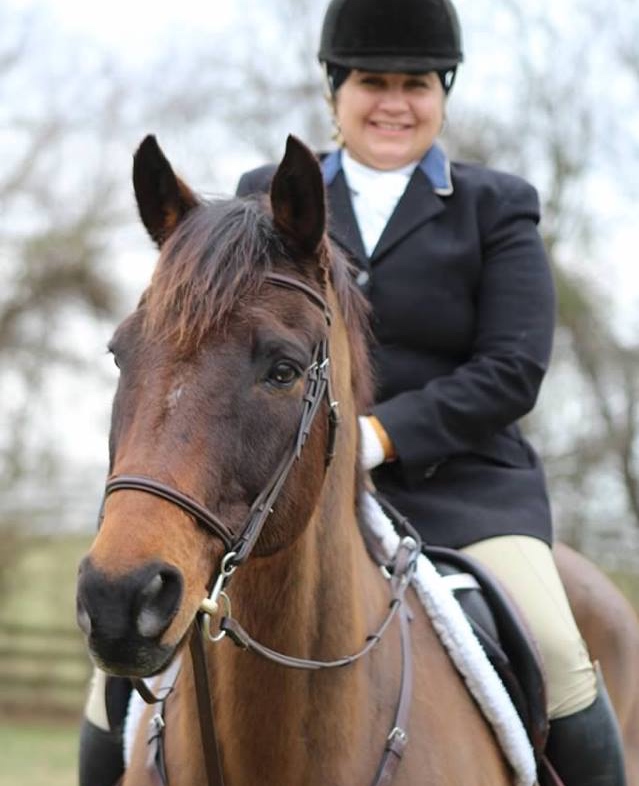

The birth of the Industrial Revolution saw the introduction of new roads, railways and canals which further reduced the amount of rural land in the United Kingdom, although conversely this improvement in transport links also made foxhunting more popular and easily accessible for those living in towns and cities who aspired to the life of the country gentleman.įor those hunters who had previously tracked deer, which required large areas of open land, foxes and hares became the prey of choice in the seventeenth century, with packs of hounds being trained specifically to hunt. These acts meant that open fields and common land where many deer chose to breed were fenced off into separate, smaller fields to cope with the increase in the demand for farm land. The decline in the deer population and subsequently the sport of deer hunting, or stalking as it is also known, occurred as a consequence of the Inclosure Acts passed between 1750 –1860, particularly the Inclosure (Consolidation) Act of 1801, which was passed to clarify previous acts of inclosure. Whilst foxes were widely regarded as vermin and farmers and other landowners had hunted the animals for many years as a form of pest control (both to curb their attacks on farm animals and for their highly prized fur) it wasn’t until the eighteenth century that fox hunting developed into it’s most modern incarnation and was considered a sport in its own right as a result of the decline in the UK’s deer population. However it is believed that the custom for a fox to be tracked, chased and often killed by trained hunting hounds (generally those with the keenest sense of smell known as ‘scent hounds’) and followed by the Master of the Foxhounds and his team on foot and horseback, originated from a Norfolk farmer’s attempt to catch a fox using farm dogs in 1534. Indeed the practise of using dogs with a keen sense of smell to track prey has been traced back to ancient Egypt and many Greek and Roman influenced countries.

Fox hunting has been occurring in different guises worldwide for hundreds of years.


 0 kommentar(er)
0 kommentar(er)
